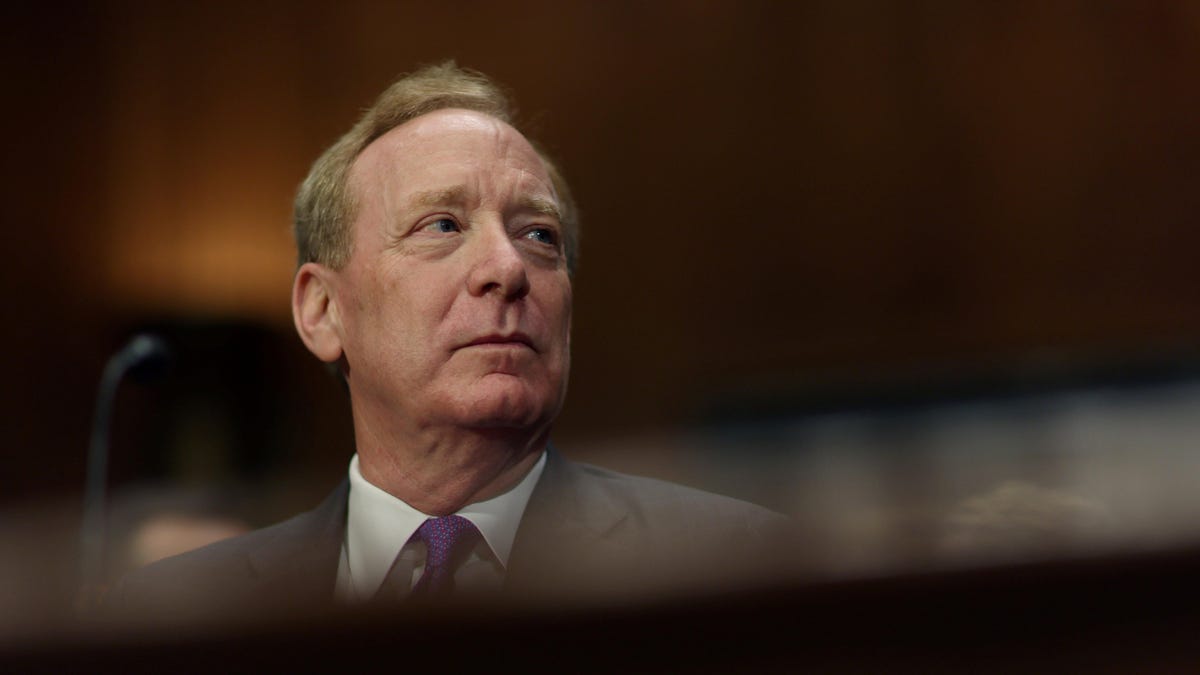US senator Richard Blumenthal aims to establish an independent licensing system for the development of “high-risk” artificial intelligence models. His goal is to pass new legislation by the end of 2023.
Blumenthal, a Democrat, and his Republican co-sponsor Josh Hawley, are not alone in advocating for a new licensing system. Many leaders in the AI industry also support this proposal.
During a Senate Judiciary Committee hearing today (Sept. 12), Microsoft president Brad Smith expressed his endorsement for licensing, considering it “indispensable” in high-risk scenarios. However, Smith acknowledged that licensing cannot address every issue. He compared it to obtaining a driver’s license before driving a car or making an AI model or application available.
Microsoft and Nvidia recently testified about AI in a series of Senate hearings where lawmakers are grappling with how to regulate technologies like OpenAI’s ChatGPT and Google’s Bard.
A bipartisan framework for AI
Smith’s call for licensing comes months after OpenAI CEO Sam Altman proposed licensing certain AI developers in his May Congressional testimony. Altman emphasized that not all AI models pose the same level of risk.
OpenAI’s co-founders stated in a blog post that it is important to allow companies and open-source projects to develop models that fall below a significant risk threshold without being subjected to licensing or audits. However, the specific types of AI models covered by this exemption remain unclear.
Last week, Blumenthal and Hawley proposed a bipartisan AI framework that addresses liability for models violating user privacy or civil rights, mandates the disclosure of watermarks on AI-generated deepfakes, and includes safety breaks, such as providing notice when AI is used to make decisions.
Where the US stands in AI regulation
The US is trailing behind other global powers in AI regulation. The European Union, known for implementing stricter rules on data privacy and tech antitrust than the US, released its latest draft of the AI Act in July. This legislation categorizes AI systems by risk, imposing stricter compliance measures on higher-risk systems.
The Congressional listening sessions continue tomorrow, featuring a closed-door AI forum led by Senate majority leader Chuck Schumer, where a dozen tech executives, including Elon Musk, Mark Zuckerberg from Meta, OpenAI’s Altman, and Sundar Pichai from Google, will meet with lawmakers.
As tech executives visit Washington to advocate for their AI regulation ideas, critics have voiced concerns about their influential role in important regulatory decisions.
Denial of responsibility! Vigour Times is an automatic aggregator of Global media. In each content, the hyperlink to the primary source is specified. All trademarks belong to their rightful owners, and all materials to their authors. For any complaint, please reach us at – [email protected]. We will take necessary action within 24 hours.


